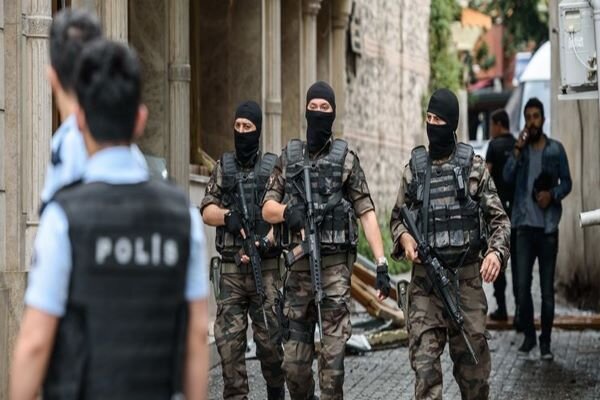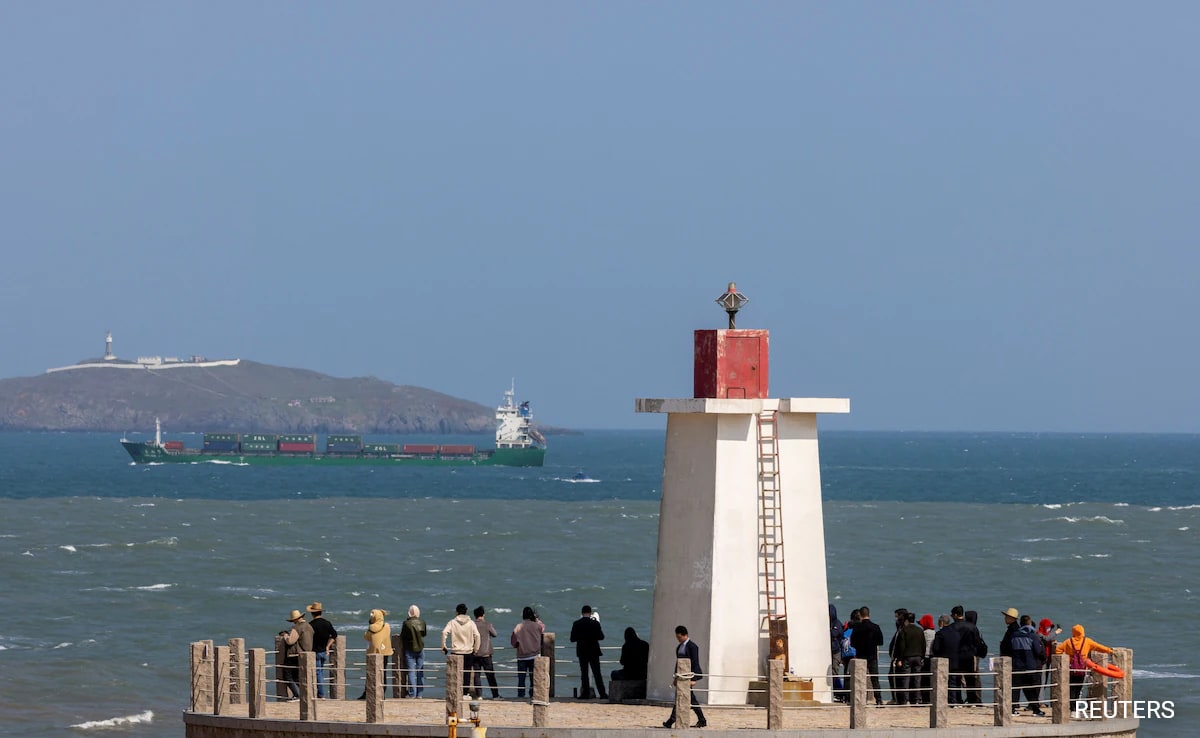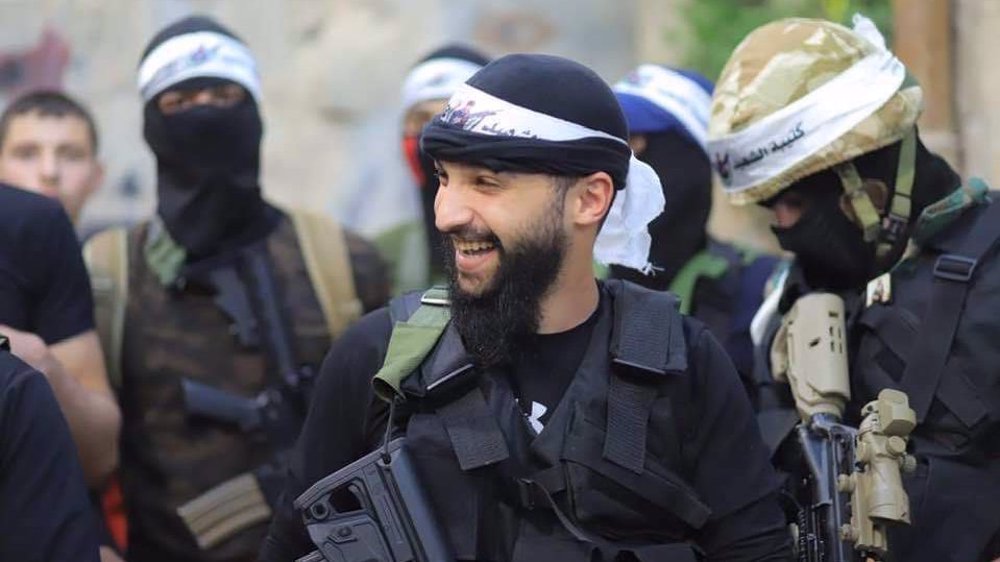The Israeli military says it will pull out five brigades, or several thousand troops, from the Gaza Strip as it goes ahead with its bloody war on the besieged Palestinian territory.
In a statement on Monday, the regime’s army said that the soldiers were being taken out of Gaza in the coming weeks for training and rest.
“This move is expected to significantly alleviate economic burdens and enable troops to gather strength for upcoming activities in the next year, as the fighting will persist and their services will be needed,” it added.
The announcement came as fighting has tapered off in the northern areas of Gaza, though clashes continue to rage in the south.
Earlier, Israeli military spokesman Daniel Hagari said the regime’s army was making adjustments to its deployment in Gaza, in anticipation of a long war ahead.
“The goals of the war require lengthy fighting, and we are prepared accordingly,” he noted.
Meanwhile, an unnamed Israeli official said that some of the five brigades withdrawn will prepare for a potential second front against the Lebanese Hezbollah resistance movement.
‘Gradual shift to lower intensity operations’
A US official said that Israel’s drawdown of troops from Gaza signifies a potential beginning of operations with reduced intensity in the territory’s north, stressing, however, that the conflict in that area persists.
“This appears to be the start of the gradual shift to lower intensity operations in the north that we have been encouraging… I’d caution though there is still fighting in the north and this does not reflect any changes in the south,” the official told Reuters.
A few days ago, the Israeli army’s much-hyped Golani Brigade was forced to withdraw from Gaza to “reorganize its ranks” after suffering huge losses at the hands of resistance fighters.
Israel waged the brutal war on Gaza on October 7 after the Palestinian Hamas resistance group carried out a historic operation against the occupying entity in retaliation for its intensified atrocities against the Palestinian people.
However, almost three months into the war, Tel Aviv has failed to achieve its declared objective of eliminating Hamas and finding Israeli captives in Gaza, despite killing at least 21,978 Palestinians, mostly women and children, and injuring 57,697 others.
Israeli ministers call for Palestinians’ expulsion from Gaza
Speaking on Monday, Israel’s finance minister Bezalel Smotrich said that the regime “will permanently control the Gaza Strip to ensure security”.
He stressed that the objective would be achieved through the “permanent presence of Israeli forces” along with “establishing Jewish settlements,” adding that he would present the plan soon to the regime’s war cabinet.
“Those who think that the solutions in the Gaza Strip will be similar to those tried in the past are mistaken,” he said.
Similarly, Israel’s extremist security minister Itamar Ben-Gvir said the war presents an “opportunity to concentrate on encouraging the migration of the residents of Gaza,” branding such a policy as “a correct, just, moral and humane solution.”
Veteran Arab lawmaker at the Israeli parliament Ahmad Tibi condemned Smotrich and Ben-Gvir, saying their rhetoric was “inciting genocide.”
“A day will come and these two senior ministers in the Israeli government will stand before an international tribunal for war crimes,” he stated.






















